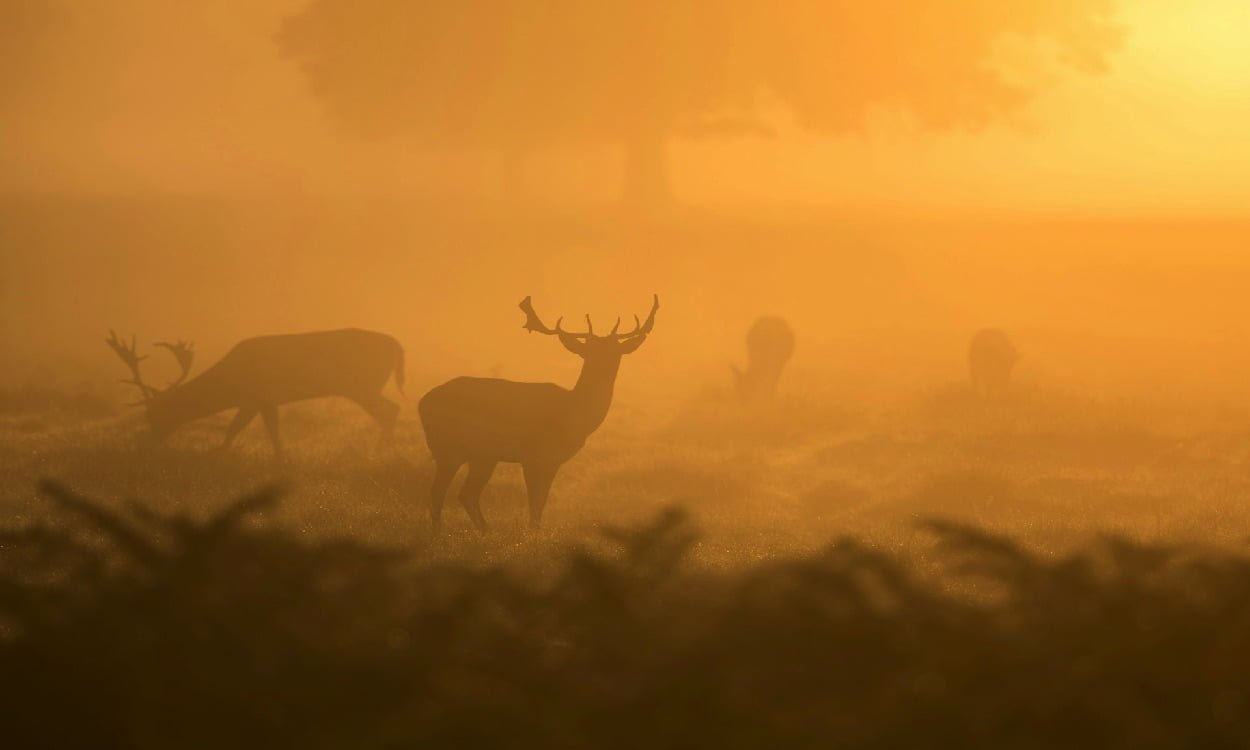
Deer Farming in New Zealand: An Evolution
Ever since, New Zealand has always been such a nation of breathtakingly beautiful landscapes and varied wildlife. Among the many remarkable elements that have made up New Zealand’s natural beauty, the presence of deer roaming its hills and valleys is very much part of that intriguing history of the country called deer farming. The origin of deer farming in New Zealand is mired deep in such a fascinating tale that interlinks conservation, agriculture, and pioneering spirit.
New Zealand Deer farming began in the late 19th century when deer were imported into the country for sporting and aesthetic purposes. These beautiful animals were brought from Britain and Europe, and they quickly adapted to being in the wild, with an easily acclimatized disposition regarding the country’s friendly climate and topography. As their numbers increased, they soon started to wreak serious havoc on flora, and a change of point of view emerged.
In the first half of the 20th century, New Zealand had to go through a paradox: while deer were considered a ‘beauty’ and ‘grace’ in great number, this brought forth an ecological implication. The government, realizing the management need, initiated programs aimed at controlling the deer population. These endeavours gave birth to the concept of deer farming-the problem to be turned into an opportunity.
Capture and domestication was the initial process of conversion from wild deer to farmed herds. This was no mean feat initially since deer can be extremely shy and elusive. But over time, the determination of some innovative farming techniques started to pay off and deer could be kept confined and bred.
The Turning Point for New Zealand
The 1960s are considered the watershed in deer farming in New Zealand. Entrepreneurs and farmers became aware of the business opportunity availabilities of deer farming and its valuable by-products, particularly venison and deer velvet. Venison, a lean meat in demand, captured both the local and international markets, while deer velvet-a soft, nutrient-rich tissue-became highly prized in traditional Chinese medicine, thus fuelling a burgeoning export market.
Commercialization of deer farming ushered in a new era in New Zealand’s agriculture. Its rugged terrains and faraway hillsides created perfect conditions for raising deer’s, with innovations continuously refining this art. Farmers developed specialist knowledge in animal husbandry, nutrition, and land management, and maximized their herd potential accordingly.
In addition, the growth of the industry brought about technological advances and scientific research to enhance breeding techniques and improve the quality of venison and deer by-products. Selective breeding programs were implemented to produce deer with desirable traits, further enhancing the standards of the industry.
The Success for Kiwi Farmers
International interest and collaborations in deer farming were also piqued with the success recorded by New Zealand. Many other countries, particularly those with similar topography and climatic conditions, attempted to replicate New Zealand’s successes in deer farming. Knowledge exchanges and collaborations across borders became common, nurturing a global network of expertise in the practice of deer farming.
As time passed, the focus started to shift toward sustainability and ethics in farming. Other than conservation, which saved the natural habitats of wild deer, farmed deer were reared in conditions that put their welfare and well-being in the limelight. This commitment to ethical farming not only guaranteed high-quality products but also conformed to the increasing consumer demands for ethically sourced goods.
The legacy of deer farming in New Zealand today stands as a statement to human ingenuity and flexibility. The industry is still growing, with an increasingly important part in the country’s agricultural economy. This story of deer farming showcases to the rest of the world how their sustainable farming practices are something to be looked up to.
Conclusion
If there is one vivid story of how New Zealand has grasped an apparent problem and made it a phenomenon of opportunity, it is deer farming. From overpopulation to the thriving industry of deer farming, the journey in itself evidences the innovative spirit of the nation, its commitment toward conservation, and dedication to excellence. While continuously evolving, the industry stands as a symbol of how agriculture and commerce coexist with conservation.
It was the evolution of deer farming in New Zealand that brought about the opportunity for this amazing ingredient to be introduced to the West and it’s amazing benefits shared with all!
